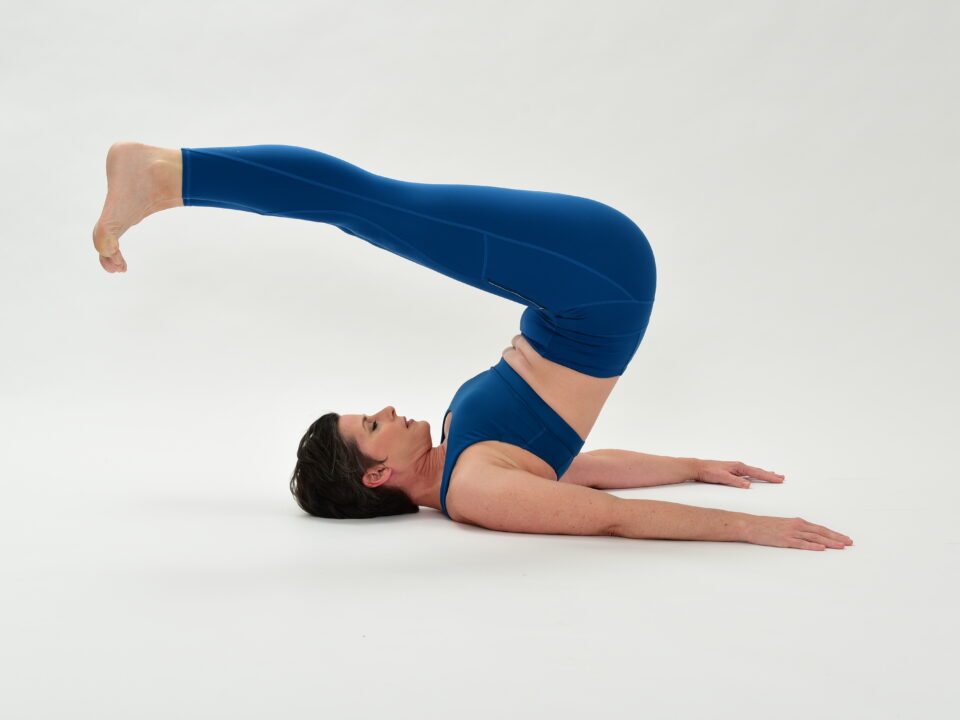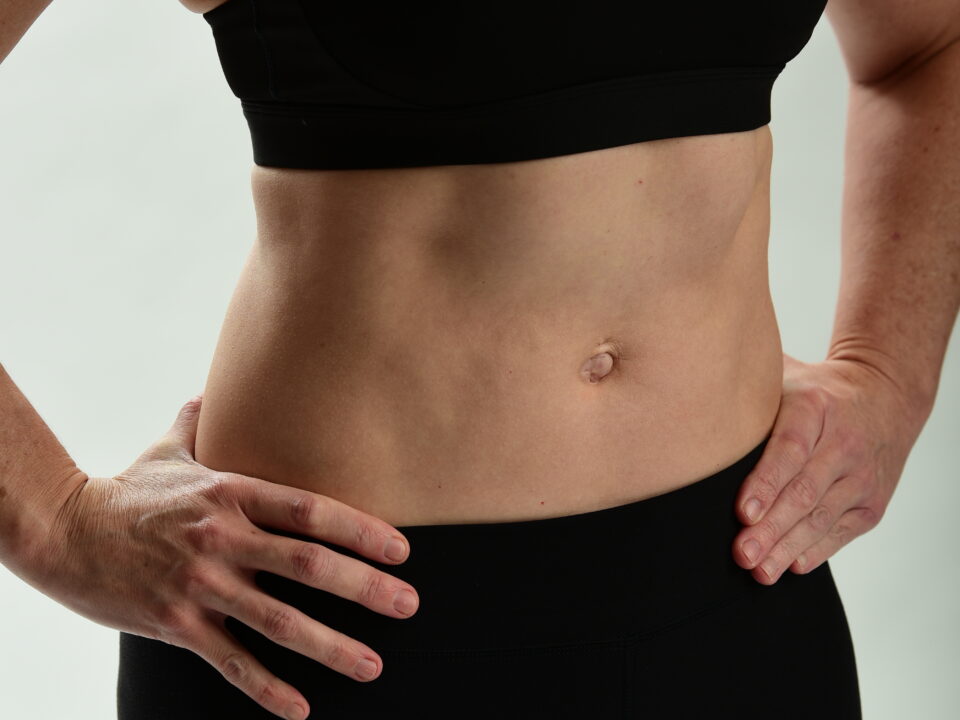- Mon - Fri
7.30 AM – 5.30 PM
Other hours upon request - 770-487-1931
Can Pilates Increase Bone Density?

Cartoon Color Osteoporosis Bones Ad Poster Card Skeletal Health Concept Flat Design. Vector illustration of Spongy Texture Bone
Osteopenia or osteoporosis diagnosis does not have to equal a life of broken bones. There’s hope, and hope looks like Pilates.
Bones, like our muscles and skin, continually change. This process is called Bone Remodeling. Estrogen hormones regulate new bone tissue coming in and old tissue being removed. Around 50 years old, our estrogen levels lower, triggering a potential imbalance in the remodeling process. This imbalance leads to less new tissue coming into our bones, causing brittle, lower bone density.
Most fractures from osteopenia and osteoporosis occur during a fall. The lower bone mineral density, the increased risk of breaking a bone in these accidents. Better bone density isn’t the only reason Pilates is great for those at risk or with osteopenia or osteoporosis, that’s just the start.
How Pilates Builds Better Bones
The National Institute for Health recommends weight bearing and resistance exercise to increase the amount of new tissue in our bones. (1) Weight bearing exercise strengthens bones and reduces the chances of breakage.
Medical studies have found Pilates specifically is an excellent choice. A study published in the Journal for Back and Musculoskeletal Rehabilitation found evidence that a consistent Pilates practice in post menopausal women can increase bone mineral density, improve overall fitness levels including balance and reduce pain. (2) Pilates builds core strength, balance and coordination, all of which prevent an individual from falling in the first place and thus preventing broken bones. If a fall does occur, the weight bearing element of Pilates reduces the chance of breaking a bone during the accident.
Start Your Pilates Journey
Working with the right Pilates professional is key. There are a few important things to avoid with an osteopenia or osteoporosis diagnosis. Forward flexion movements should be avoided, as these could exasperate an individual who is already struggling with a decline in posture from bone loss. Walking into a general group gym class or workout plan without knowing this, may cause more harm than good. Approval from your doctor, prior to starting any new exercise program is always recommended.
ProHealth Physical Therapy and Pilates in Peachtree City, GA is a highly trained team that can get you started on your journey towards bone health today. Click HERE to schedule an appointment.
Bones Tips for Better Bones
Diet and lifestyle changes may also help improve bone mineral density. Eating natural sources of calcium, like dark leafy greens, canned salmon or sardines with bones and low fat dairy is important. Getting outside for a daily dose of vitamin D may also aid in bone mineral density. Be sure to discuss with your doctor other medications you may be taking that inhibit the bone remodeling process.
If you’ve received an osteopenia or osteoporosis diagnosis, you do have the ability to improve the quality of your life and bone health. Reach out to us here at ProHealth Physical Therapy and Pilates to guide you in your journey to health and well-being.
References
https://www.bones.nih.gov/health-info/bone/bone-health/exercise/exercise-your-bone-health



